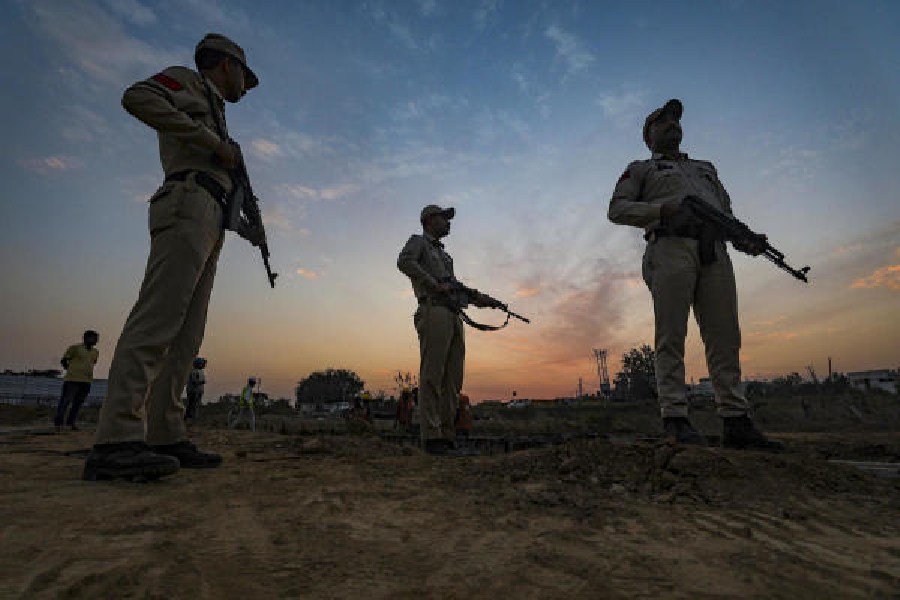The tea population of north Bengal did not respond to either of the strikes — the farmers’ nationwide one against the three farm laws or the BJP’s north Bengal strike to protest its supporter’s death — on Tuesday and worked as usual.
On November 26 too, when trade unions had called a nationwide bandh against labour and farm laws, around 80 per cent of tea estates were open.
“Almost all the tea gardens were open on Tuesday and attendance of tea workers was the same like any other day. This clearly indicates that the tea workers are not interested in observing a bandh but instead prefer to join their jobs to ensure that they receive the day’s wage. It is a new trend in the tea sector. Earlier, it was found that a bandh called by parties which have tea trade unions have been a success in the tea belt,” said Soumen Nag, a social researcher in Siliguri.
Such a non-responsive attitude of the tea workers have left political parties, particularly the BJP, perplexed.
This is because during the 2019 Lok Sabha polls, the BJP had managed to draw huge support from the tea population, both in the hills and in Terai and the Dooars.
John Barla, the BJP MP of Alipurduar who himself hails from the tea belt, admitted that the tea belt did not respond to their strike call on Tuesday.
“To make the strike a success, it is necessary to reach out to people. Because of the paucity of time, we could not reach the tea workers this time. But I am not ready to buy the theory that the tea population no longer supports us. We will prove our support at the upcoming Assembly elections,” said Barla.
Senior tea trade union leaders, who admitted that tea workers were disinclined to support strikes these days, said there might be a number of reasons for it.
The workers, they said, have realised that nothing would change for them by observing a day’s strike.
Instead they would stand to lose a day’s wage.
“Also, some tea workers appear to be disillusioned with the trade unions as over five years have passed by and yet the unions could not make the state government announce a minimum wage rate for the tea industry,” said a union leader.
He also pointed that earlier this year tea gardens had remained closed due to the lockdown, resulting in heavy loss in income.
“The workers had to bear a loss of income during those days and it seems that now they do not want to lose even a day’s wage. That is why they have chosen to join their work during bandh days,” the leader added.










